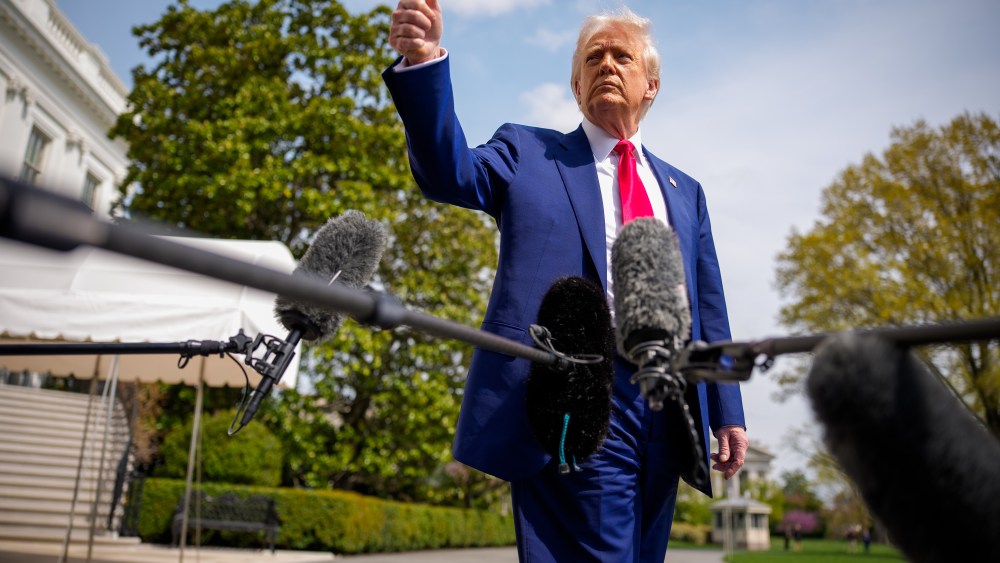Record Stock Market Declines Amid Trade War Concerns
The U.S. stock market experienced substantial drops over two consecutive days, marking the largest decline in its history. Concerns over President Trump’s proposed tariffs raised fears of a potential trade war, which many experts believe could lead to an economic recession.
Market Impact
On the most recent trading day, the S&P 500 saw a downturn of 5.97%, while the Dow Jones Industrial Average fell by 2,231.07 points, a decline of 5.5%. These declines represent the largest single-day percentage losses since June 2020, a period marked by the COVID-19 pandemic.
Over the last 48 hours, the U.S. stock market has shed an alarming $6.4 trillion in value according to data from Dow Jones Market Data. This eclipses the previous record loss of $4.4 trillion observed during two days ending on March 12, 2020.
Tariff Announcements and Global Reactions
Adding to these market troubles, China announced a comprehensive 34% tariff on American imports effective April 10, a move that may escalate trade tensions between the two nations. Currently, China ranks as the second-largest source of imports to the U.S., with Mexico holding the top spot, and it also stands as a significant market for U.S. exports.
Sector Analysis
Tech giants and entertainment companies have felt the brunt of these market shifts. Significant losses were observed in major stocks, including:
- Disney: -5.2%
- Apple: -5.3%
- Amazon: -2.3%
- Roku: -7.7%
- Warner Bros. Discovery: -10.2%
- Sony: -5.8%
- Netflix: -6.1%
Details of the Tariffs
The tariffs, set to take effect on April 9, will impose a standard 10% levy on goods from all countries. However, there are increased rates for specific nations, such as:
- China: 34%
- South Korea: 25%
- Japan: 24%
- Taiwan: 32%
- European Union: 20%
Political Statements and Economic Predictions
In response to the tariff announcements, China’s Finance Ministry declared that the U.S. actions do not align with international trade standards and undermine China’s rights. President Trump expressed assertively via his social media platform, stating, “CHINA PLAYED IT WRONG, THEY PANICKED – THE ONE THING THEY CANNOT AFFORD TO DO!”
Despite rising market concerns, Trump maintained his confidence regarding the U.S. economy, asserting that his policies would attract significant investment. He stated, “TO THE MANY INVESTORS COMING INTO THE UNITED STATES AND INVESTING MASSIVE AMOUNTS OF MONEY, MY POLICIES WILL NEVER CHANGE.”
Consumer Behavior and Forward Outlook
Preceding the implementation of the new tariffs, U.S. consumers have begun purchasing products likely to face price increases, including electronics and groceries, as reported by the Wall Street Journal. While immediate impacts on Hollywood might seem minimal, rising costs coupled with a potential recession could lead to decreased consumer spending and significant implications for the entertainment sector.
Conclusion
The current uncertainty in the stock market, exacerbated by the prospective trade war and tariffs, emphasizes the interconnectedness of global economies and the potential ramifications for various sectors, especially media and entertainment, as they brace for a potential economic downturn.


